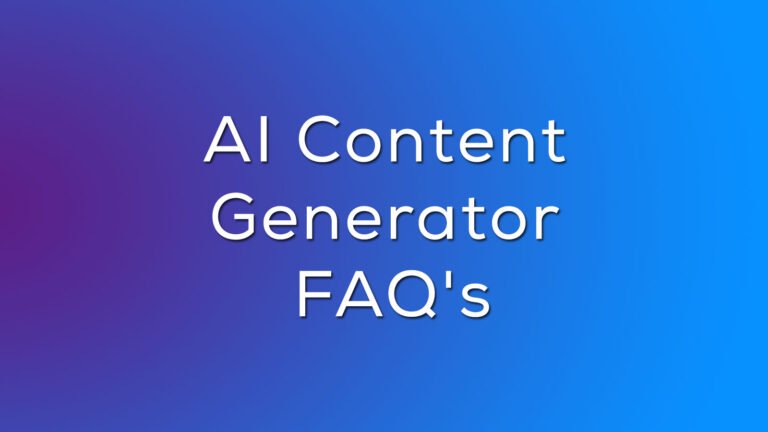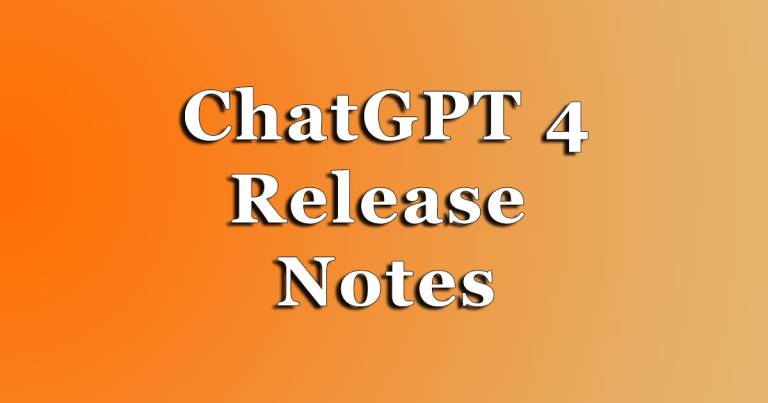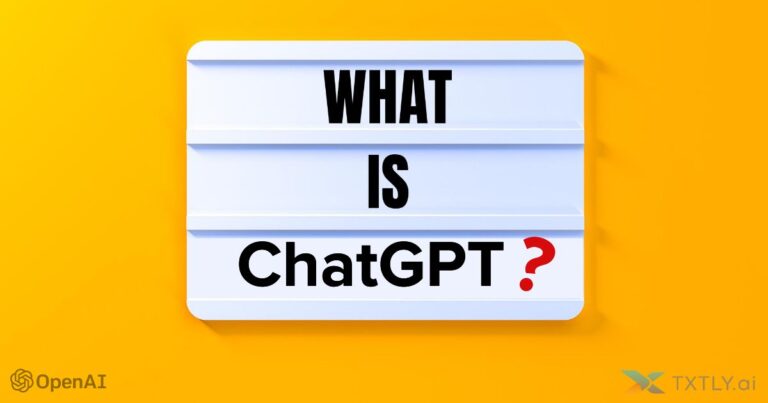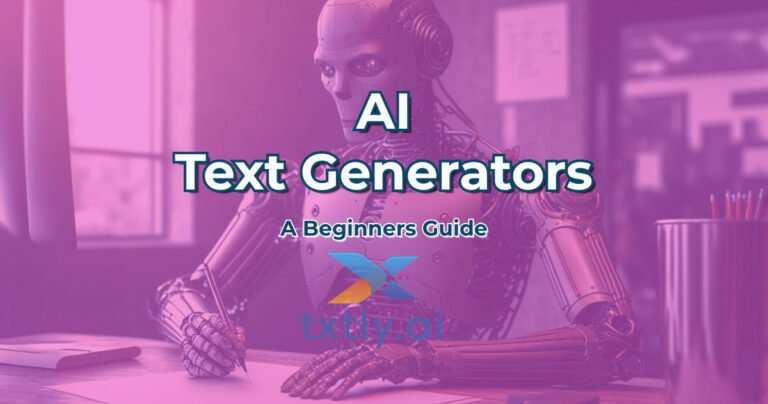How To Use ChatGPT TO Write A Podcast in 6 Easy Steps
How to use ChatGPT to write a podcast with zero experience
Podcasts are extremely popular and interest in podcasting continues to grow. According to DemandSage there are currently 464m podcast listeners which is predicted to rise to 504m listeners by 2024.
Now what if you wanted to start a podcast and have no idea how to write an outline or script for the show. Does that mean hours and hours of research learning how to write podcast scripts. And you you even need a script?
Well there’s no need to worry any more because ChatGPT can write you a podcast script in minutes.
ChatGPT is a special language tool that makes it easy for you to create interesting and unique content for your podcast. In this guide, I’ll show you, step by step how to use ChatGPT to write a podcast, from figuring out what to talk about and who to talk to, to sharing it with others.
ChatGPT can help you make a great podcast that will keep your listeners coming back for more, whether you’re an experienced podcaster or just starting out. Let’s get started!
In this guide, I’ll show you, how to use ChatGPT to write a podcast.
How To Use ChatGPT TO Write A Podcast
Determine your topic and audience.
Determine your podcast’s topic and target audience.
Before you begin writing your podcast, it’s important to have a clear idea of what you want to talk about and who you want to reach. This will help you determine the prompts and questions you’ll need to provide to ChatGPT in order to generate relevant and engaging content.
Consider your target audience’s interests, questions, and needs, and use this information to guide the direction of your podcast.
Choose a style.
Choose a style for your podcast.
Once you have a clear idea of your podcast’s topic and target audience, you’ll need to decide on a style for your show.
Will it be a solo show, where you talk about a specific topic on your own? An interview-style podcast, where you interview experts or industry leaders on a particular subject? Or a roundtable discussion, where you bring in a group of people to discuss a topic?
This will help you determine the prompts and questions you’ll need to provide to ChatGPT, as well as the overall tone and structure of your podcast.
List your questions.
Write a list of prompts and questions.
This list will be based on your podcast’s topic and style:
Once you’ve determined the topic and style of your podcast, it’s time to write a list of prompts and questions that will guide ChatGPT in generating relevant content.
These should be specific and focused, as they will help ensure that the generated content is on topic and aligns with your desired style and tone.
Be sure to include a variety of prompts and questions that cover different aspects of your topic and that are appropriate for your chosen podcast style.
If you get stuck for prompts and questions at this early stage you can ask the ChatGPT to list some prompts questions for you based on the style and topic of the podcast.
Generate your podcast script.
Use ChatGPT to generate your podcast script.
Now you have your list of prompts and questions, you can use ChatGPT to generate your podcast script. Simply input your prompts and questions and let ChatGPT do the rest.
You may have to enter the prompts and questions a few at a time so the chat doesn’t run out of memory.
You’ll likely need to revise and edit the generated content to fit your desired style and tone, but ChatGPT can save you a lot of time and effort in the initial writing process.
Record the podcast.
Record and produce your podcast.
You have your podcast script, it’s time to record and produce your show.
You’ll need to choose the right software and equipment for your needs and follow best practices for podcast recording and production to ensure high-quality audio.
If you’re new to podcasting, there are many resources available to help you get started. Google will be your best friend here.
Publish your podcast.
Publish and promote your podcast.
Once your podcast is recorded and produced, it’s time to share it with the world!
You can publish your podcast on popular podcast directories such as Apple Podcasts, Spotify, and Google Podcasts, and promote it on social media and through other channels to help get the word out.
Be sure to use compelling titles and descriptions, you can use ChatGPT for this and consider reaching out to potential listeners and partners to help spread the word about your show.
Alternatives to ChatGPT
ChatGPT is great, however at the time of writing this it was still a research tool and nobody knows how long the public will have access to it.
Therefore you should also consider one of the commercially available generative tools. These commercial tools use the same GPT-3 language models provided Openai.
Here are the best alternatives. (Currently Jan 2023)





